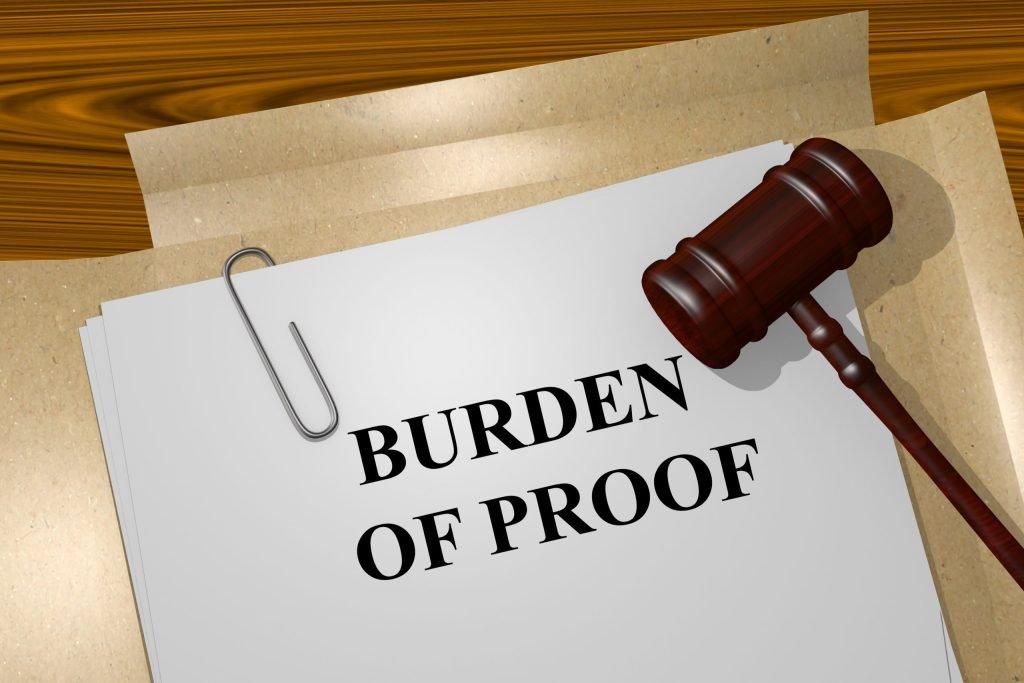
The burden of proof is a fundamental concept in criminal law that determines the level of evidence needed to establish a defendant’s guilt or innocence. It places the responsibility on the prosecution to prove the defendant’s guilt beyond a reasonable doubt. Understanding the burden of proof is crucial for both defendants and their Hackensack criminal defense attorney in navigating the legal process. Let’s explore the burden of proof in criminal cases and its significance.
Burden of Proof Defined
In criminal cases, the burden of proof refers to the obligation of the prosecution to present sufficient evidence to convince the judge or jury of the defendant’s guilt beyond a reasonable doubt. It is the highest standard of proof in the legal system, requiring a moral certainty that the defendant committed the alleged crime.
Presumption of Innocence
A cornerstone of criminal law is the presumption of innocence, which means that a defendant is presumed innocent until proven guilty. The burden of proof rests entirely on the prosecution, and the defendant is not required to prove their innocence. This principle safeguards the rights of individuals and ensures that the state bears the responsibility of proving guilt.
Beyond a Reasonable Doubt
The burden of proof “beyond a reasonable doubt” is the standard used in criminal cases. It does not mean absolute certainty, as in proving a fact beyond any possible doubt, but rather the level of proof that leaves no reasonable doubt in the minds of the judge or jury. It requires the evidence to be convincing, compelling, and sufficient to establish guilt to a moral certainty.
Prosecution’s Obligation
The prosecution must present evidence that is credible, reliable, and admissible in court. This evidence can include witness testimonies, physical evidence, expert opinions, documents, and any other relevant information that supports the prosecution’s case. The prosecution must also establish a causal link between the defendant’s actions and the alleged crime.
Defense’s Role
The defense has the right to challenge the prosecution’s evidence, question witnesses, present their own evidence, and raise reasonable doubt about the defendant’s guilt. The defense can challenge the credibility of witnesses, point out inconsistencies in the evidence, or present an alternative explanation for the alleged crime. The defense does not need to prove the defendant’s innocence but must create reasonable doubt about their guilt.
Importance of the Burden of Proof
The burden of proof is a fundamental protection in criminal law that safeguards individuals from wrongful convictions and ensures that the state does not have unchecked power. It upholds the principle that it is better to let a guilty person go free than to wrongly convict an innocent person. The burden of proof encourages thorough investigations, proper collection of evidence, and robust presentation of the case by the prosecution.
Reasonable Doubt and Verdicts
When the jury or judge deliberates on a criminal case, they must consider the evidence presented and determine whether the prosecution has met the burden of proof beyond a reasonable doubt. If there is reasonable doubt, the defendant must be acquitted. However, if the jury or judge is convinced beyond a reasonable doubt of the defendant’s guilt, they can render a guilty verdict.
The burden of proof in criminal cases is a foundational concept in the legal system. It places the responsibility on the prosecution to present evidence that establishes the defendant’s guilt beyond a reasonable doubt. The burden of proof ensures that the presumption of innocence is respected, protects individuals from wrongful convictions, and maintains the integrity of the criminal justice system. For defendants and their Hackensack criminal defense attorney, understanding the burden of proof is essential in building a strong defense strategy and challenging the prosecution’s case.